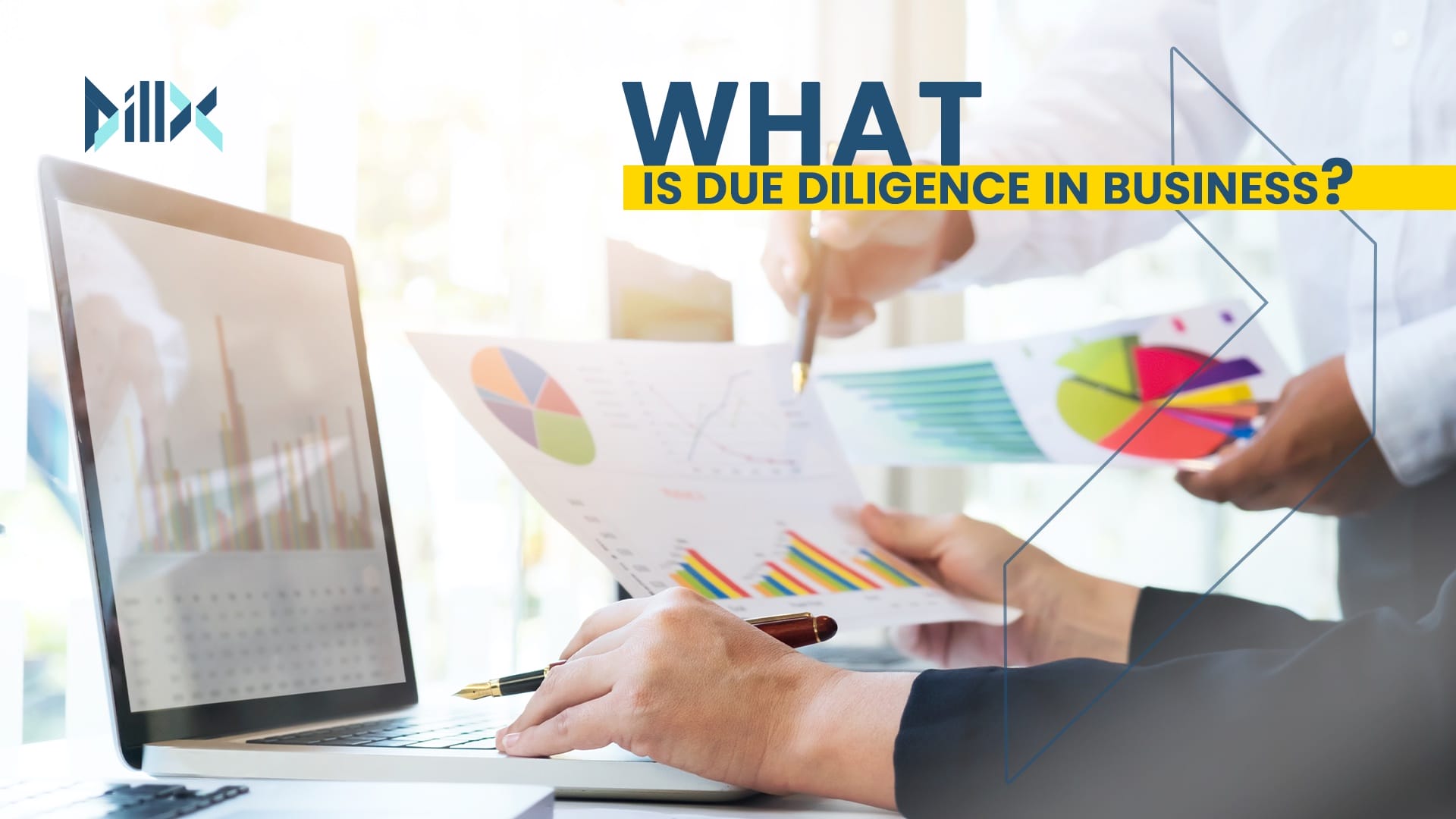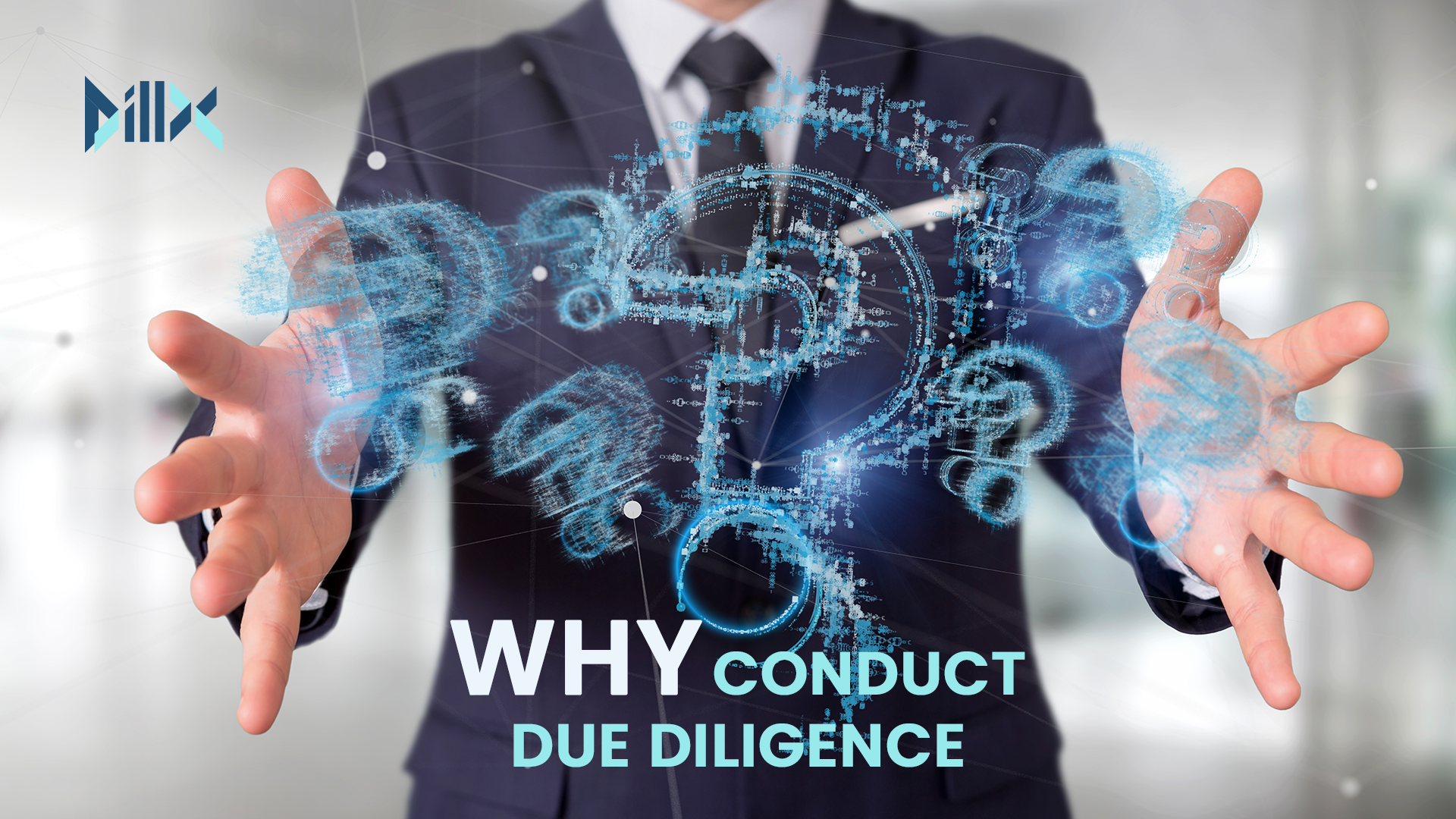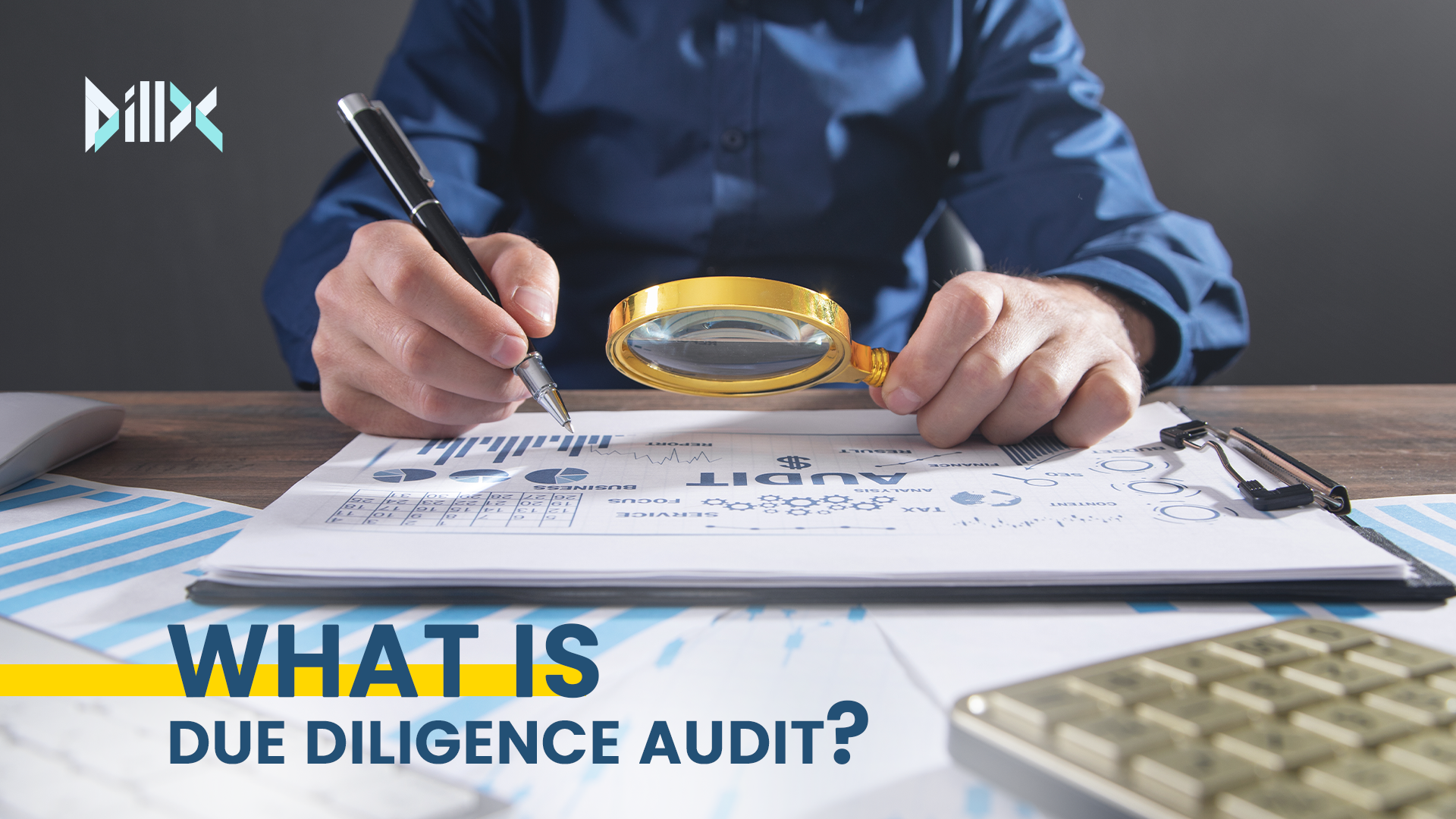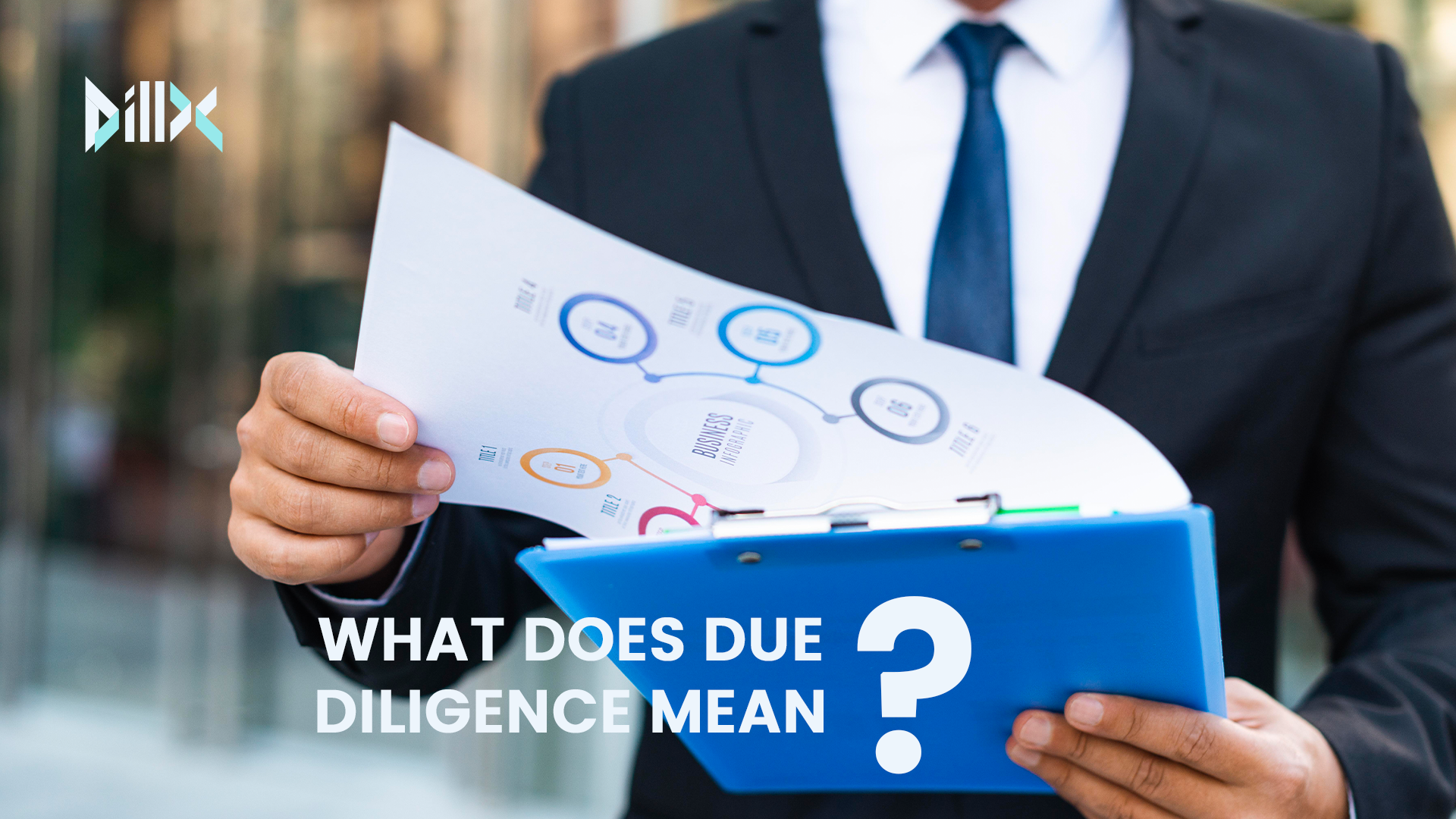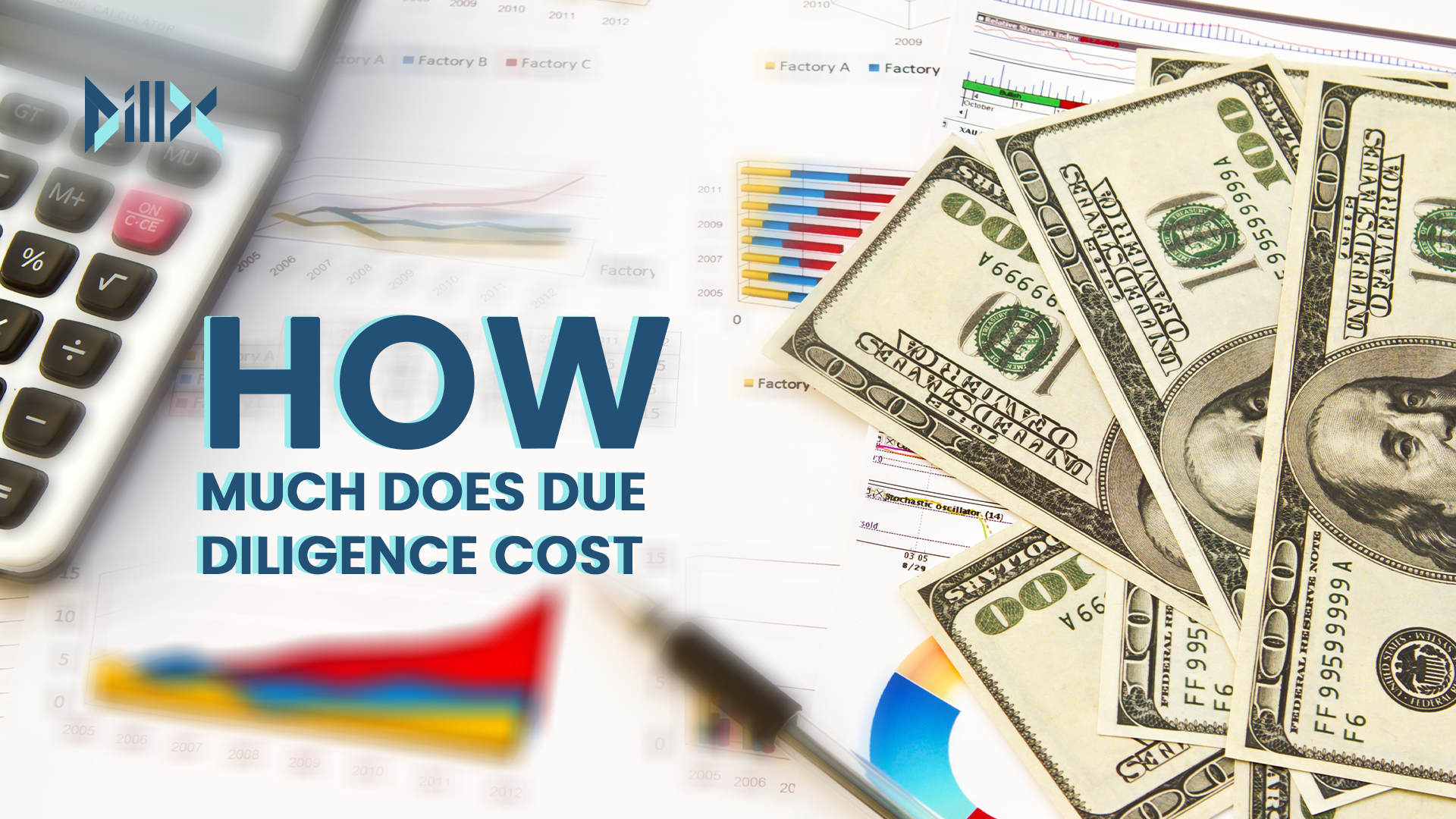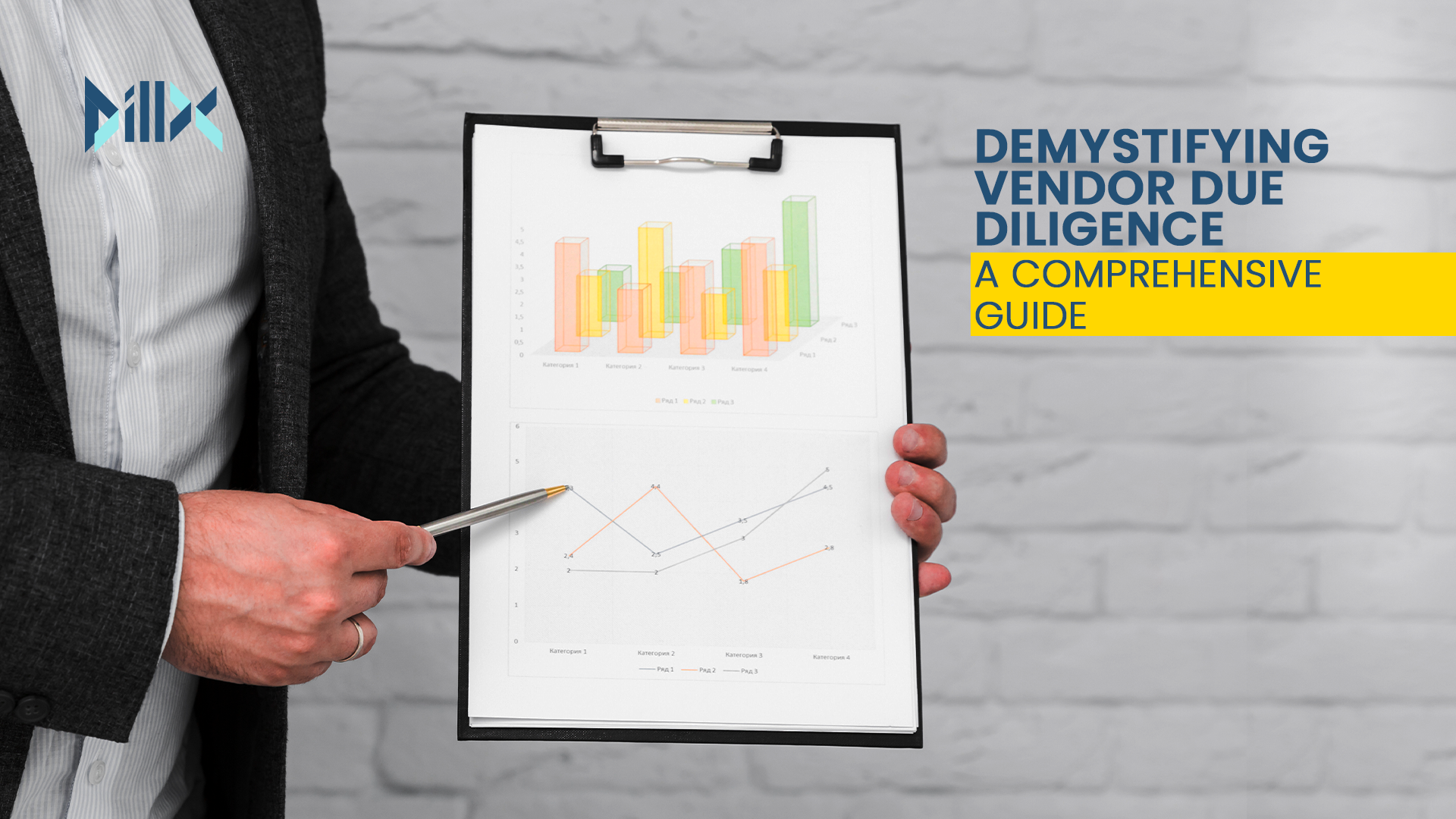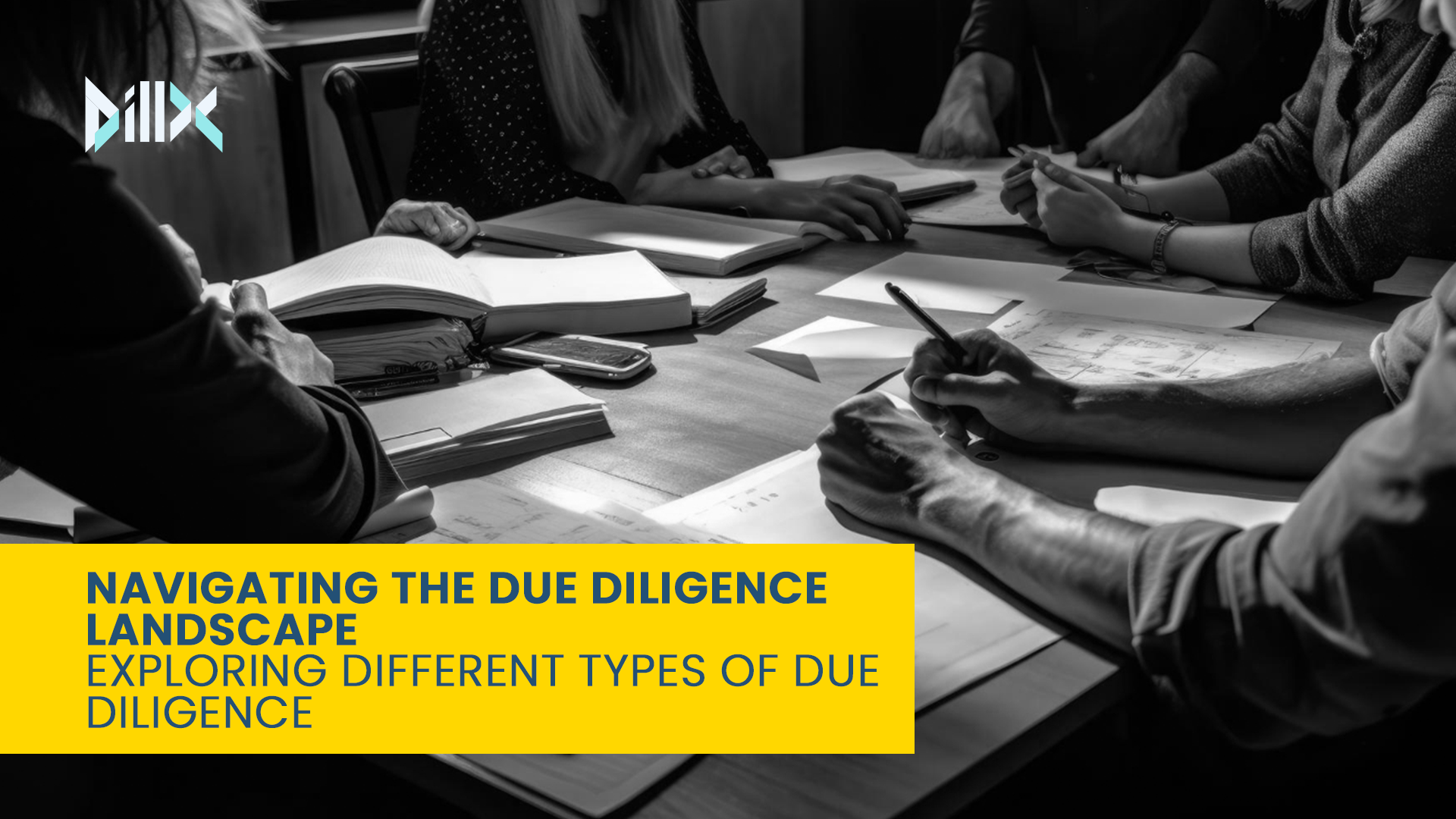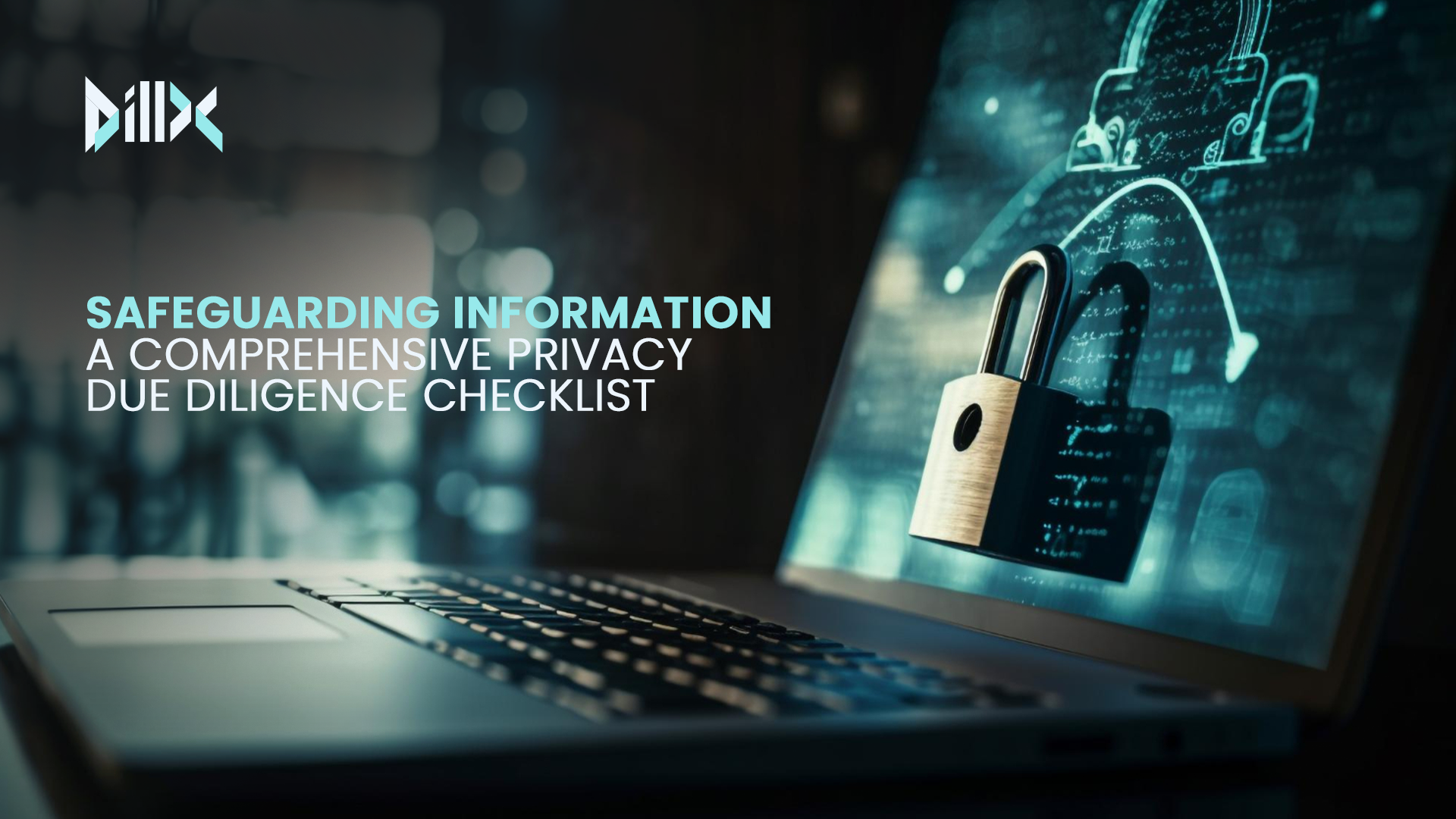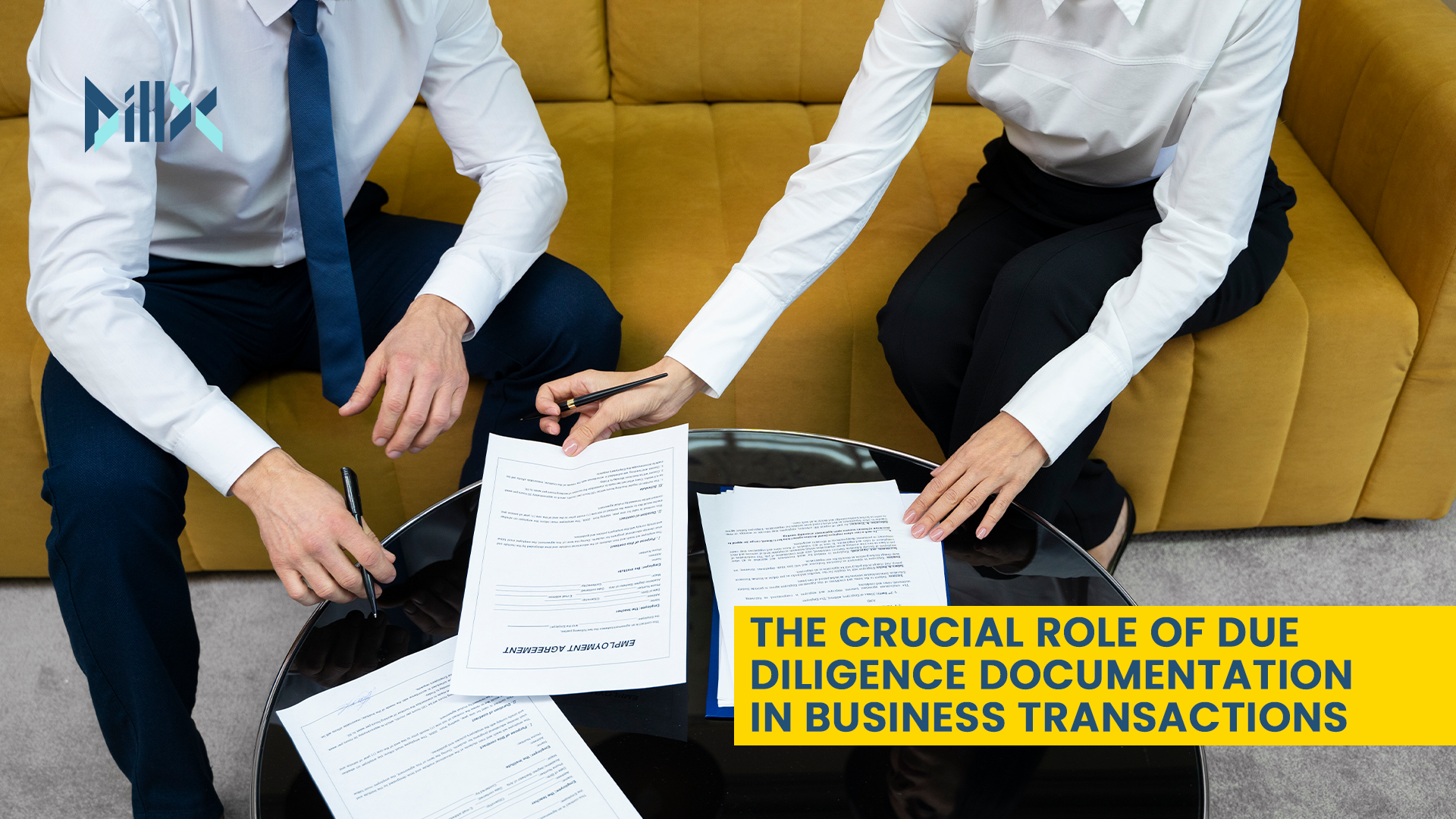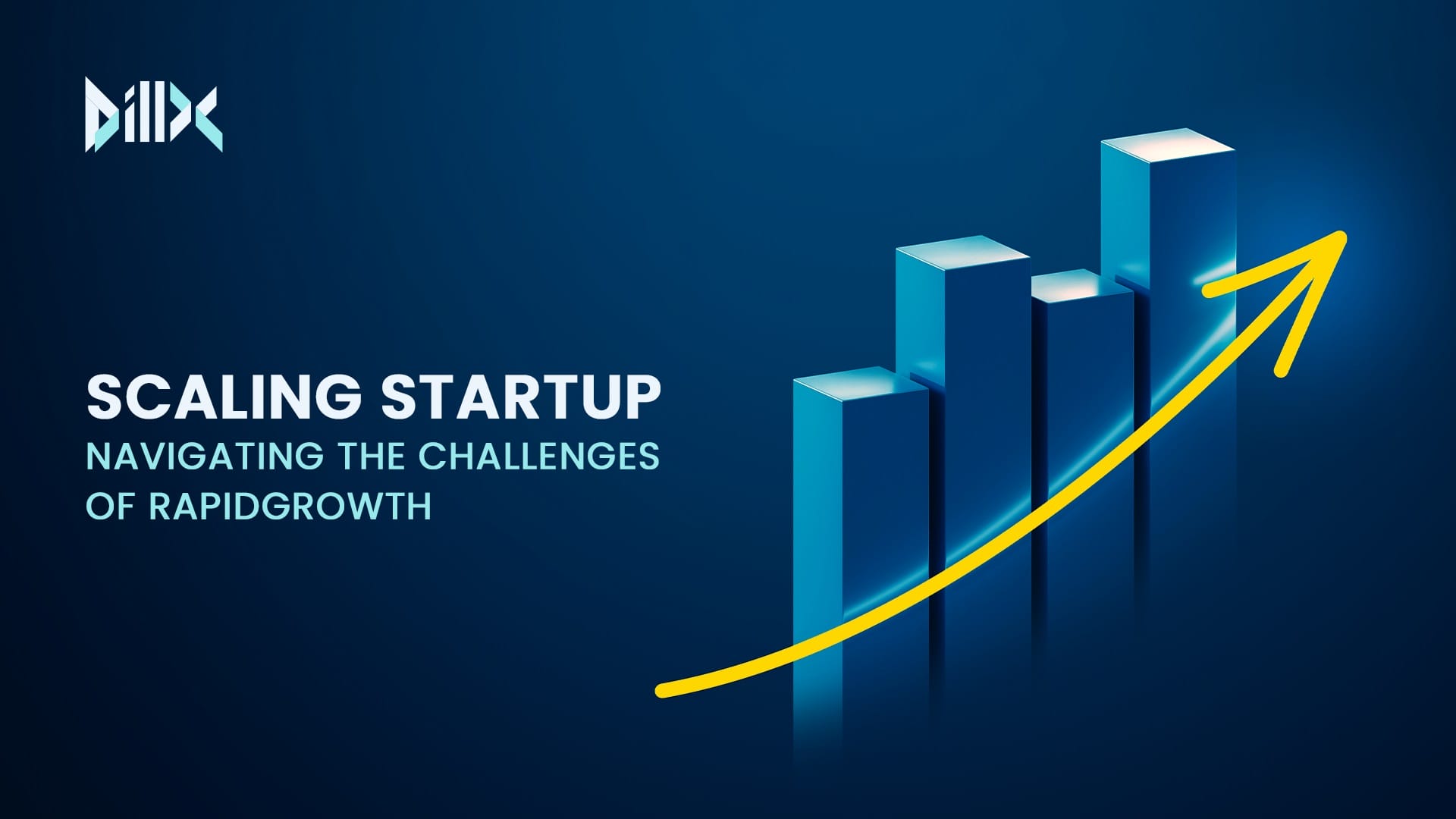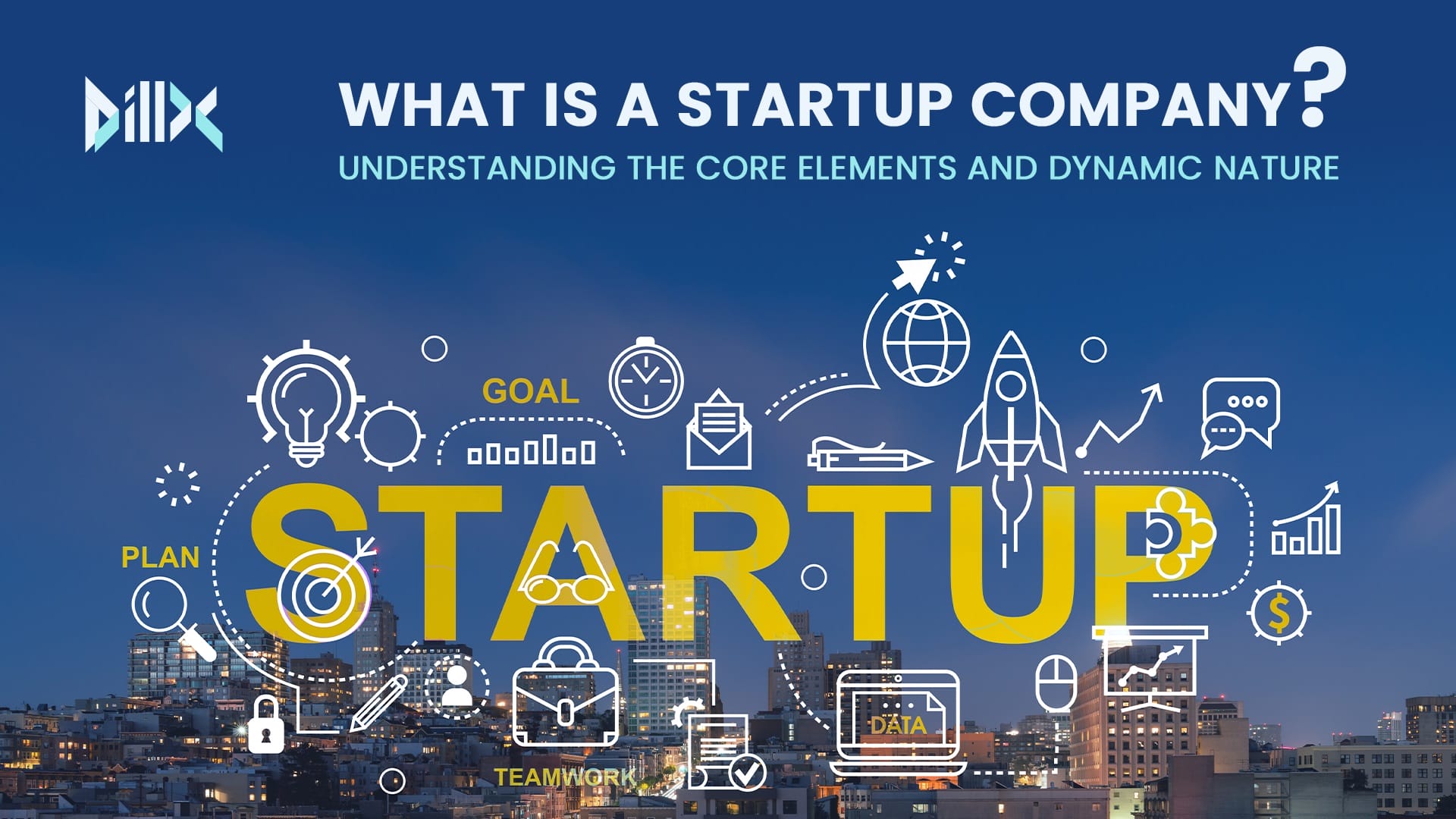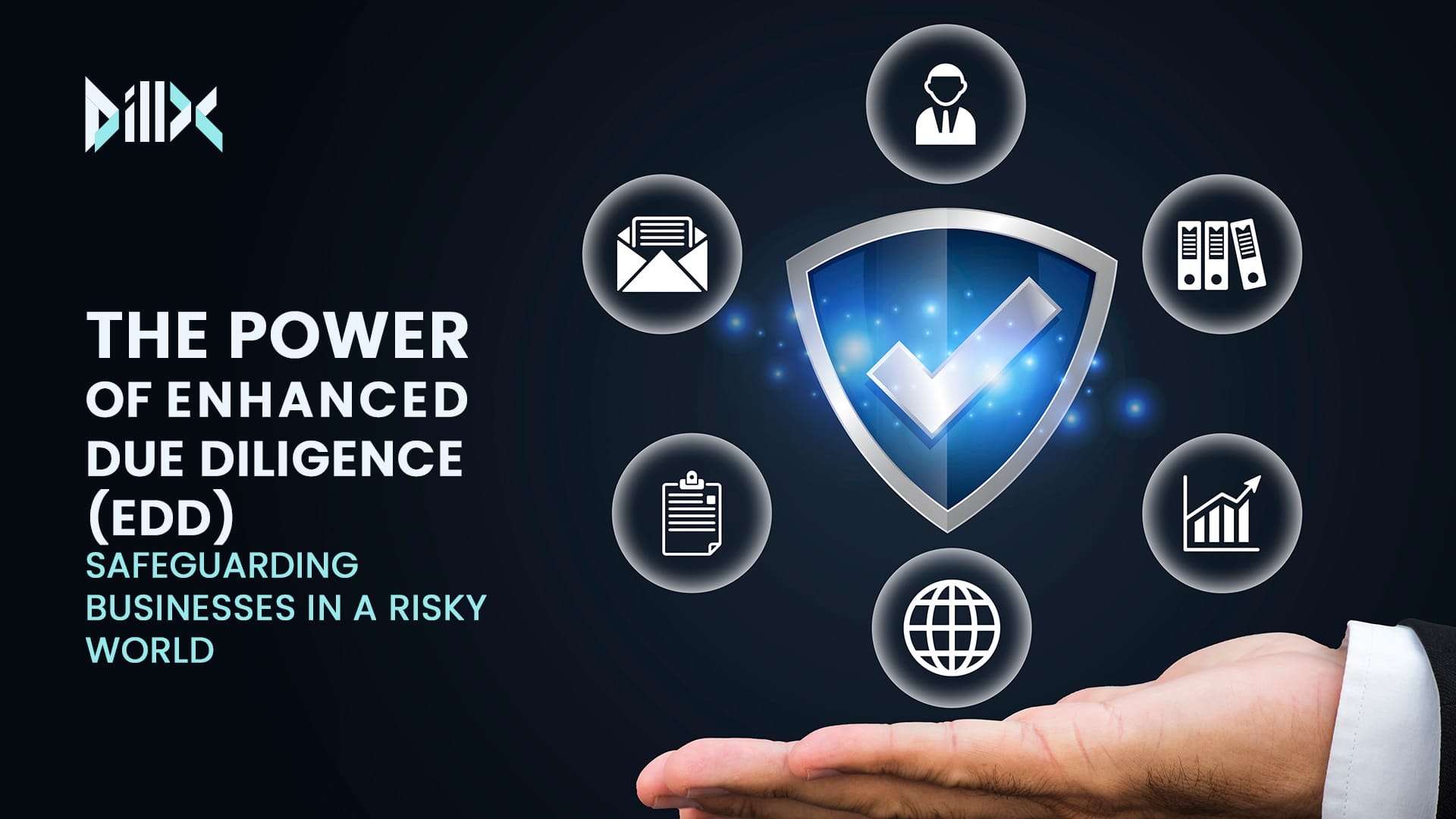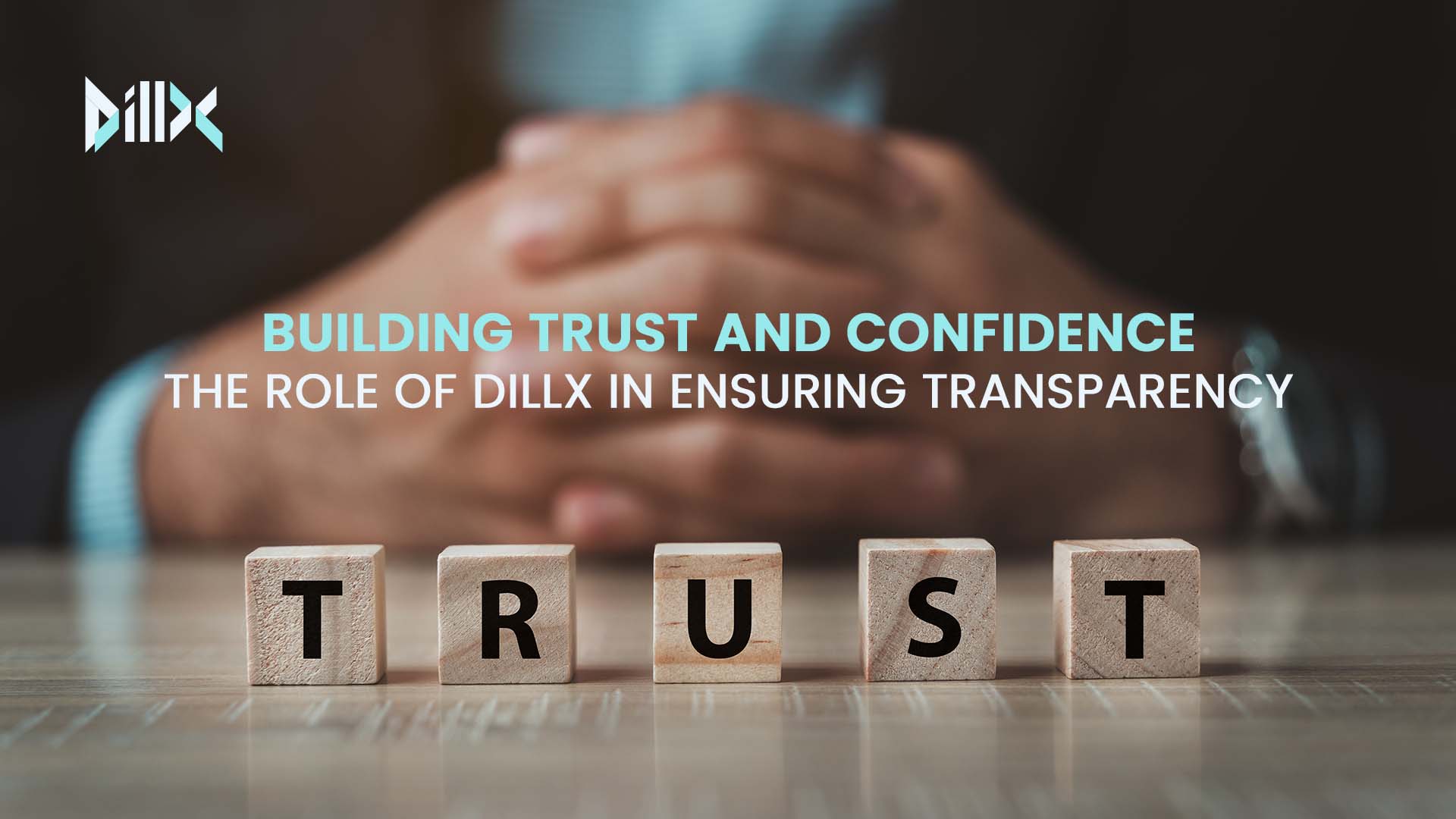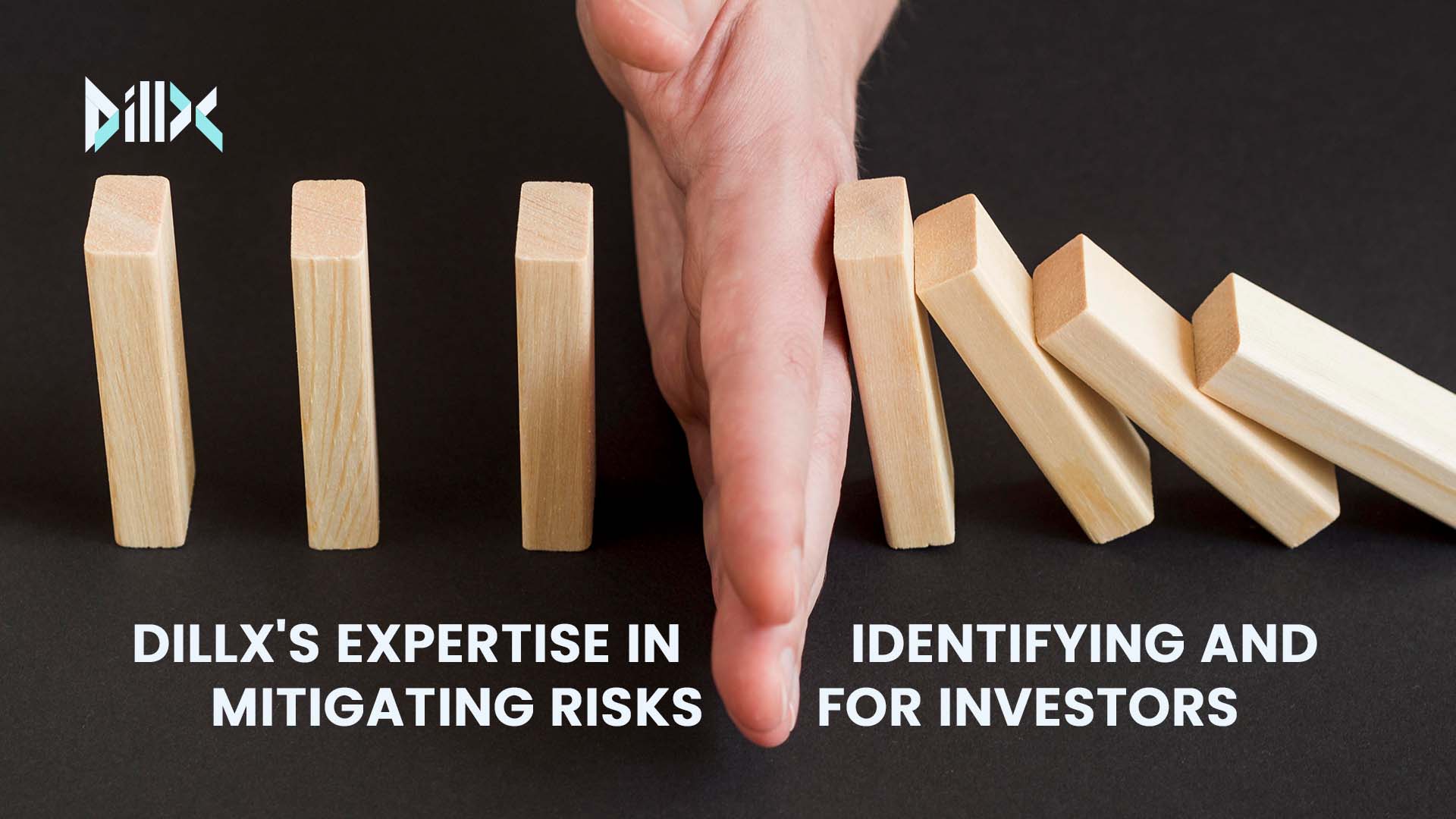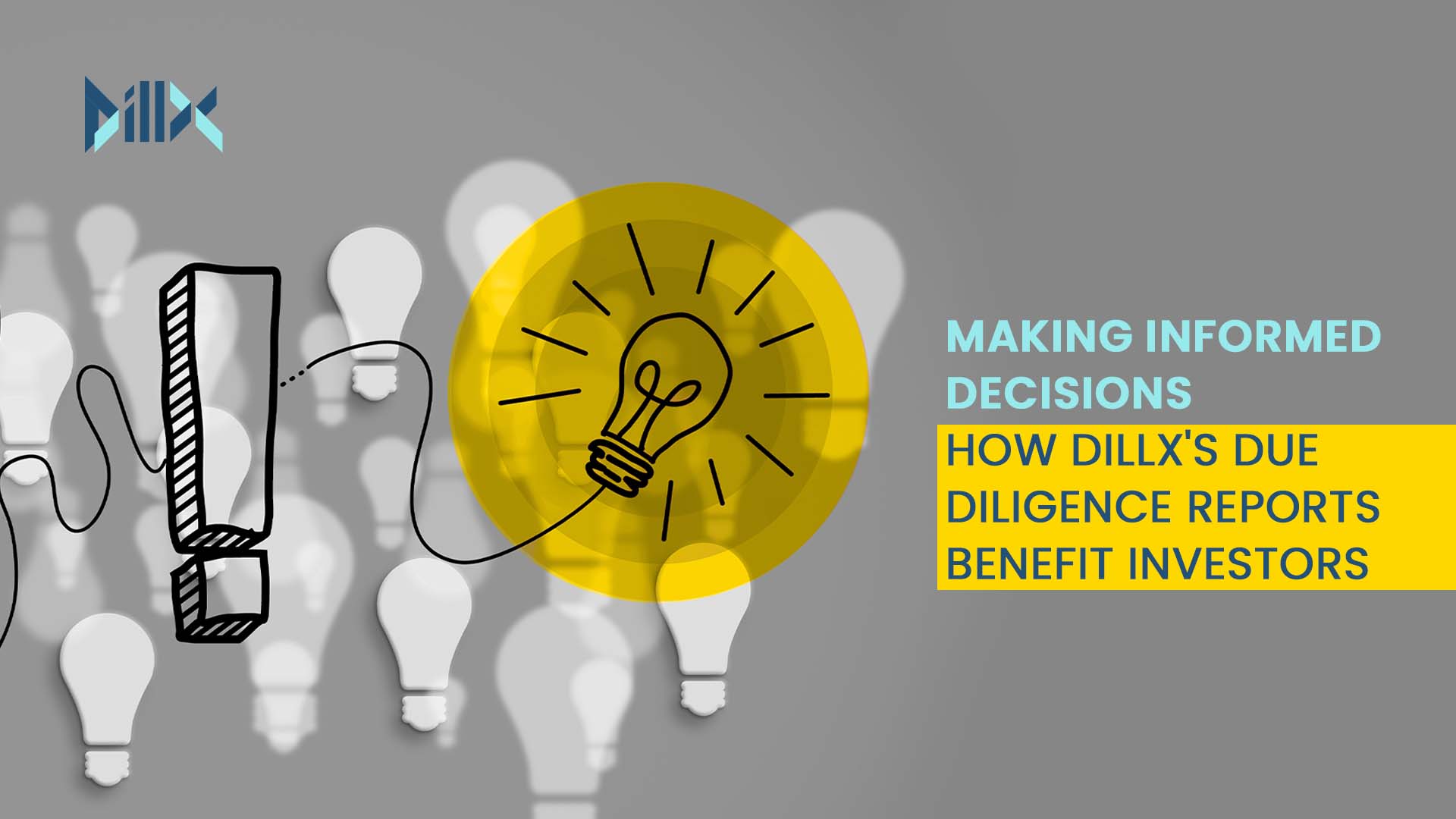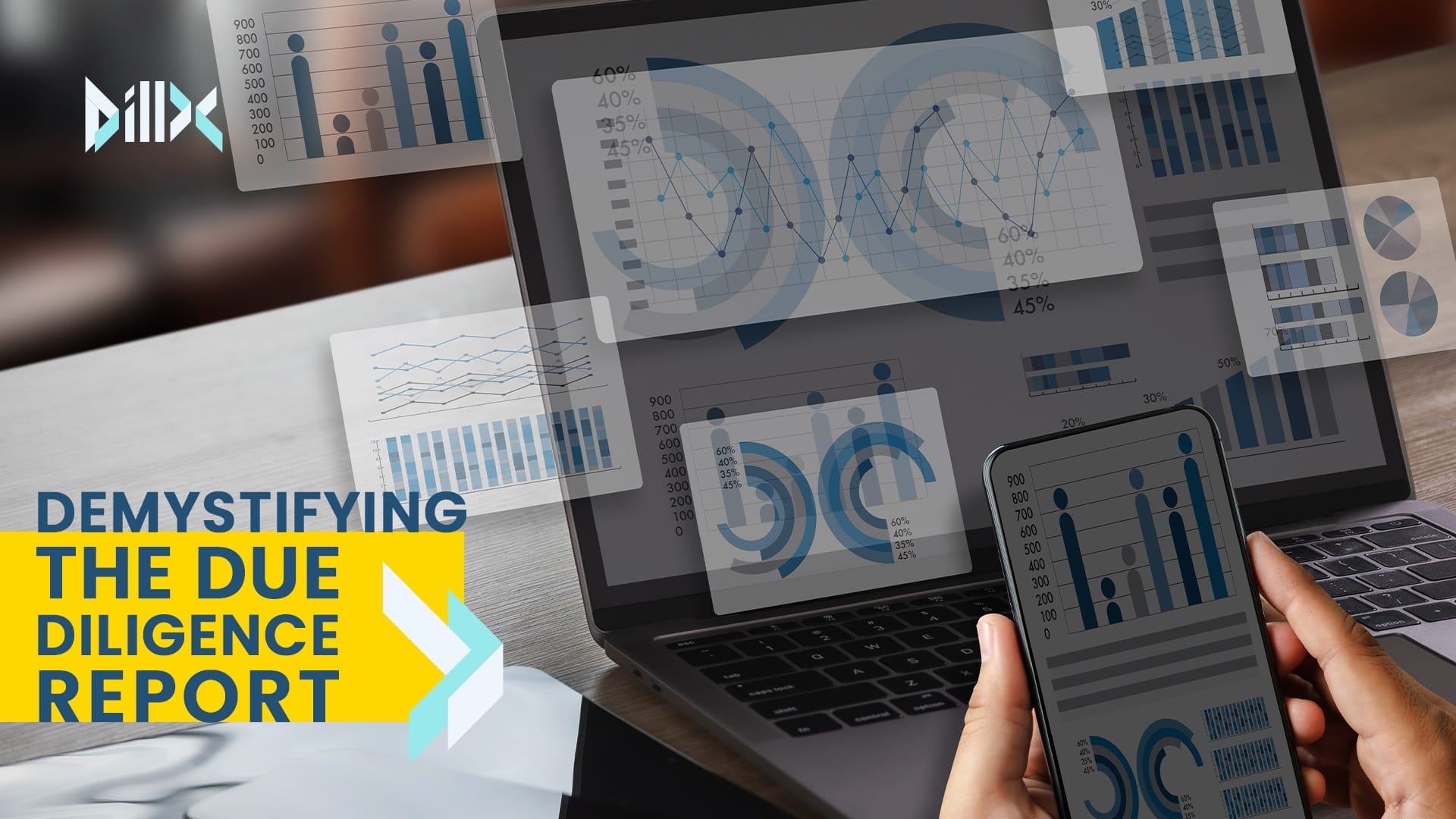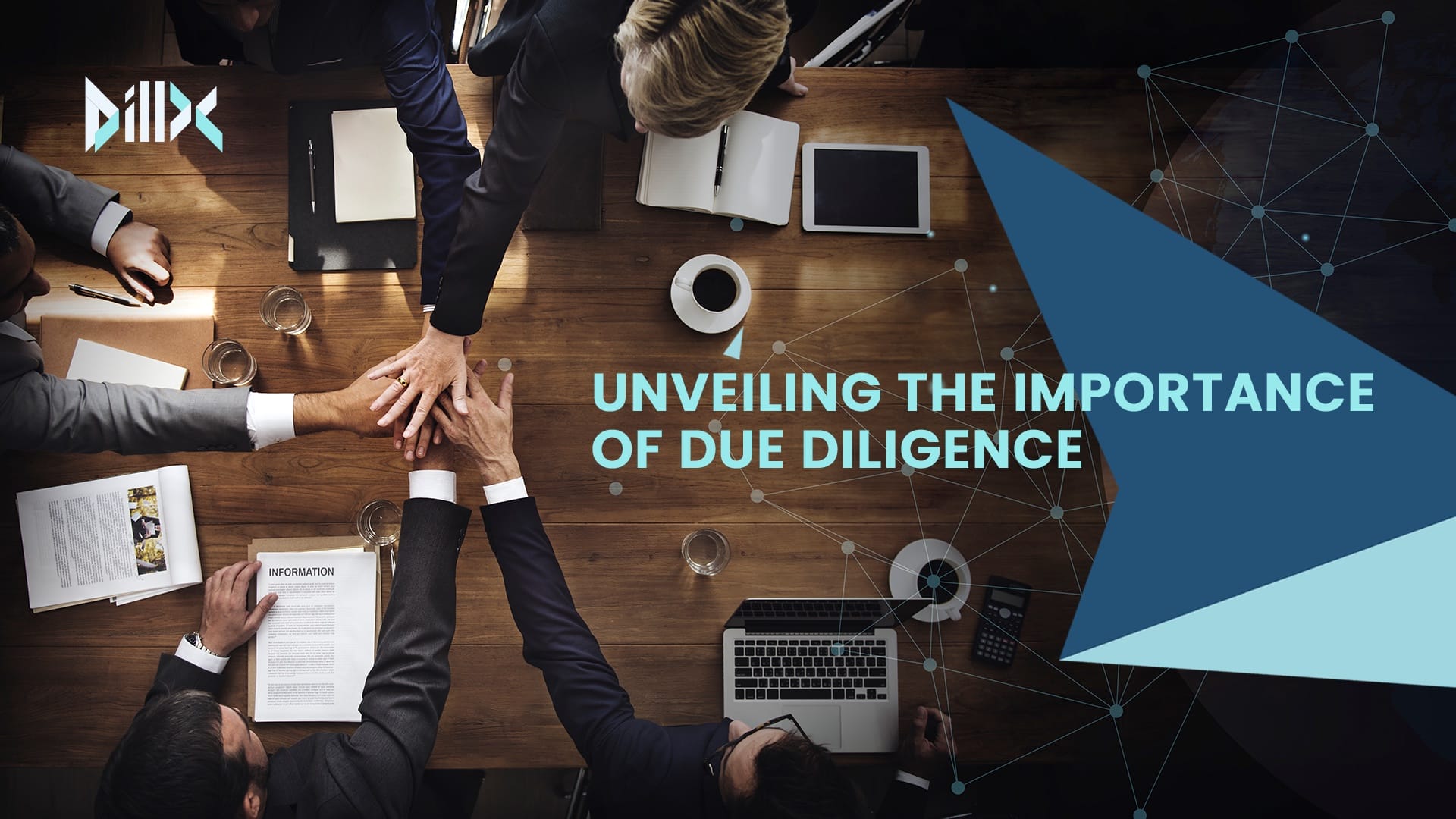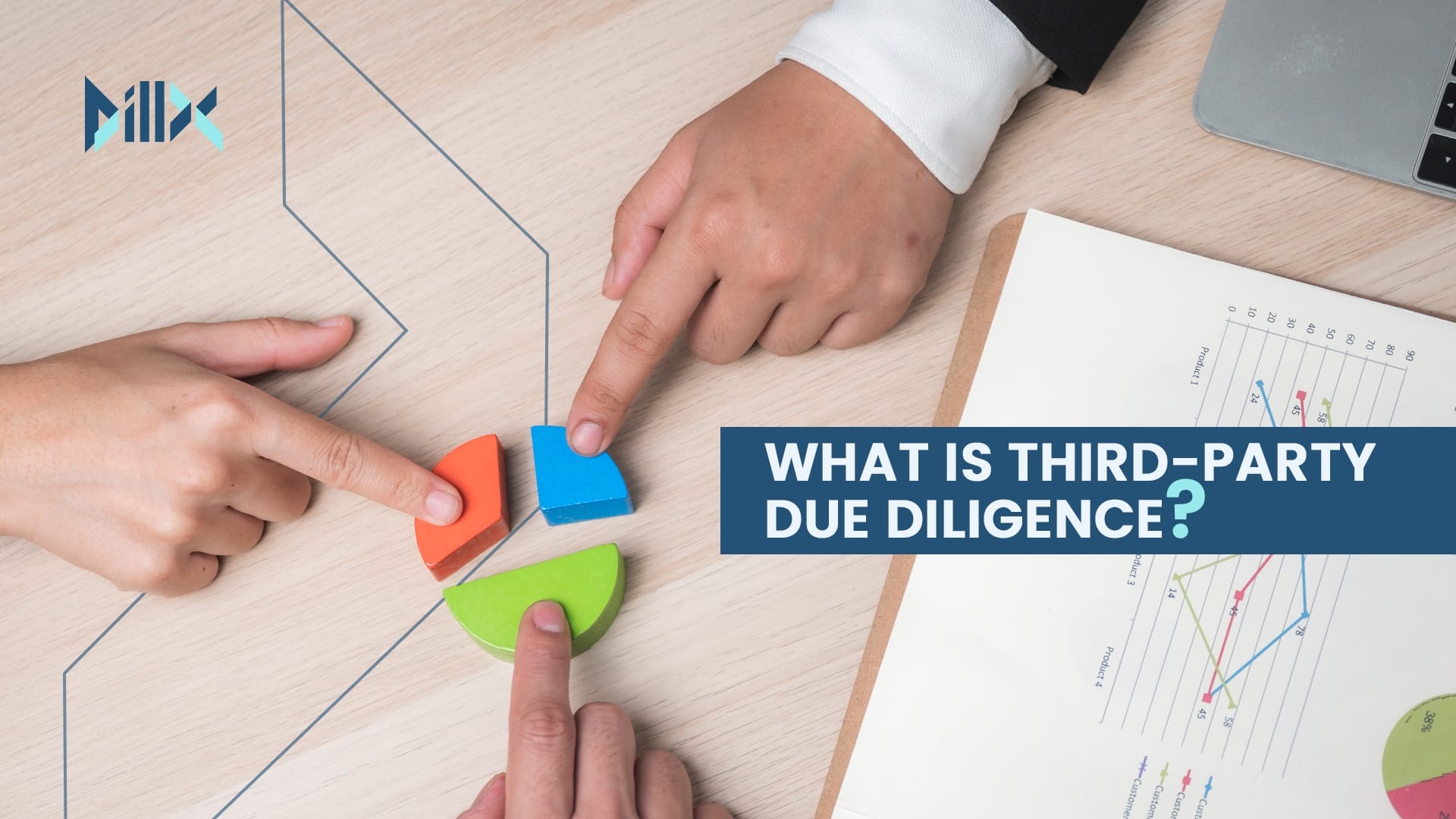In the world of business, thorough research and analysis are essential components of making informed decisions. Whether you’re considering an investment, entering into a partnership, or acquiring a company, due diligence serves as a vital process that provides a comprehensive understanding of the risks, opportunities, and overall feasibility of a business venture. In this blog post, we will explore the concept of due diligence in business, its significance, and how it empowers stakeholders to make well-informed decisions.
Defining Due Diligence in Business
Due diligence in business refers to a systematic investigation and assessment process conducted by individuals or organizations to gather relevant information, assess risks, and evaluate the overall viability of a business opportunity. It involves conducting research, analyzing data, scrutinizing financials, assessing legal and regulatory compliance, and evaluating key aspects of a target company or business endeavor.
The Significance of Due Diligence
Due diligence plays a pivotal role in the decision-making process for various business activities. Here are some key reasons why due diligence is significant:
- Risk Mitigation: Due diligence allows stakeholders to identify and assess potential risks associated with a business opportunity. By conducting a thorough investigation, they can uncover any red flags, financial vulnerabilities, legal or regulatory issues, or other risk factors that may impact the success of the venture. This information enables them to implement risk mitigation strategies or make an informed decision to proceed or not.
- Informed Decision-Making: By conducting due diligence, stakeholders gain access to critical information necessary for making well-informed decisions. This includes understanding the financial health of a company, its competitive position, market trends, customer satisfaction, growth potential, and any existing or potential legal liabilities. Armed with this knowledge, decision-makers can evaluate the alignment of the opportunity with their goals, resources, and risk appetite.
- Transparency and Validation: Due diligence promotes transparency and validates the claims made by a business or party involved in a transaction. It helps ensure that the information provided is accurate, complete, and reliable. This aspect is particularly important when considering mergers and acquisitions, partnerships, or investments, as stakeholders can verify the integrity of the information shared and assess the credibility of the parties involved.
- Negotiation and Value Assessment: Due diligence provides the foundation for negotiations and valuation processes. The insights gained through the due diligence process allow stakeholders to assess the true value of a business, identify potential areas for improvement or negotiation, and negotiate favorable terms based on a comprehensive understanding of the business’s strengths and weaknesses.
Key Aspects of Due Diligence
While the due diligence process may vary based on the nature of the business opportunity, some common aspects to consider include:
- Financial Due Diligence: This involves a detailed analysis of the financial statements, cash flows, debt structure, and overall financial health of the business. It aims to understand the company’s revenue sources, profitability, financial risks, and any outstanding liabilities.
- Legal and Compliance Due Diligence: This aspect assesses the legal structure of the business, including contracts, licenses, permits, intellectual property rights, and regulatory compliance. It aims to identify any legal issues, pending litigation, or compliance gaps that may impact the business.
- Operational Due Diligence: Operational due diligence focuses on evaluating the day-to-day operations of the business. It includes assessing key processes, supply chain management, scalability, technology infrastructure, and any potential operational risks or challenges.
- Market Due Diligence: This aspect involves analyzing the target market, industry trends, competitive landscape, customer behavior, and market potential. It helps stakeholders assess the business’s positioning, growth prospects, and market opportunities.
Conclusion
Due diligence is a critical process in business that empowers stakeholders to make informed decisions and mitigate risks. By conducting comprehensive research, analysis, and assessment, due diligence provides valuable insights into the financial, legal, operational, and market aspects of a business opportunity. Whether you’re considering an investment, partnership, or acquisition, incorporating due diligence ensures transparency, validates claims, and enables stakeholders to negotiate effectively. Embracing due diligence as an integral part of the decision-making process sets the foundation for successful business ventures and long-term growth.
About DillX
Unlock the power of streamlined due diligence with DillX. Say goodbye to months of manual, costly processes and embrace efficiency in just 3 days. Our SaaS platform automates the entire due diligence process, generating detailed DX reports with pre-verified company information and red flag alerts. Founders can track their investment readiness, while investors can assess more startups with reduced risk. Ready to transform your due diligence experience? Join our waitlist today.


